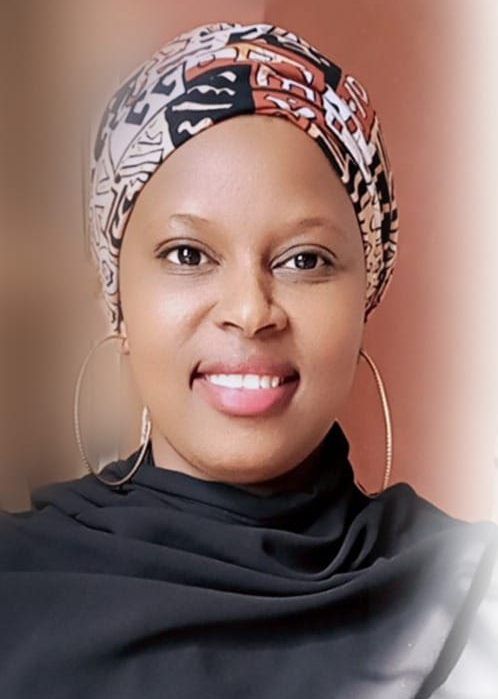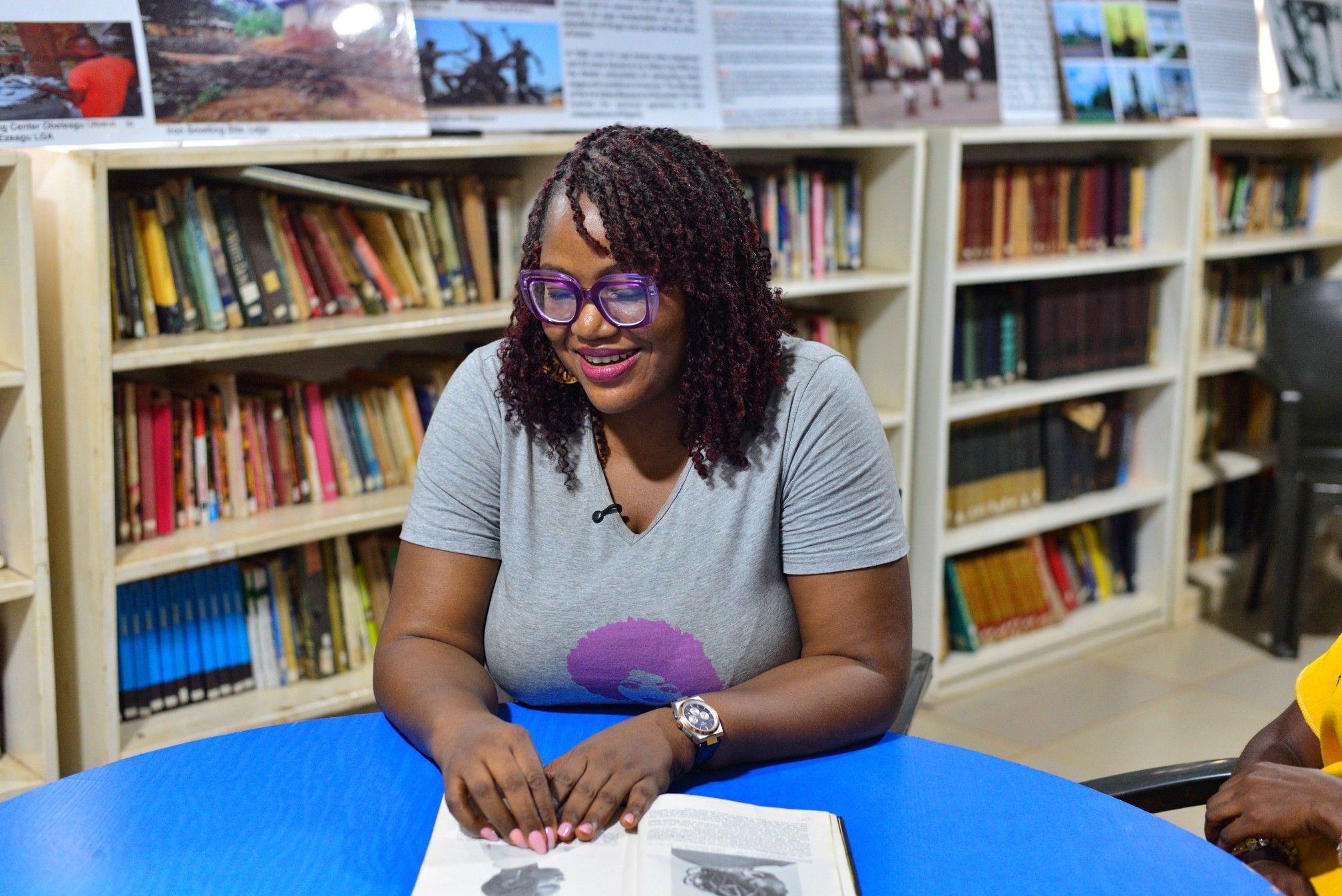It always starts with this question. "So what grade are you in?" A question often met by my daughter from strangers and friends alike. A question she responds with "I am not even in school." And when she does, the questions and stares will turn to me. "So how and where did she learn all of this English?" they'll ask. Following it up with, "Which international school teacher is tutoring her?" A true testament to how far we still got to go with language and its superiority. The thinking assumes that all this English can't be locally self-taught.
Our flawed education system
We live in a country where KCSE and KCPE exam results are a matter of life and death, quite literally. So much so that children cheat in exams, and their parents procure exam leakages. Let's be honest, we all knew certain schools that had these exams "taught" in school.
Aside from the emotions that engulf both the children who sat the exams and their parents, the "these results determine my future" attitude has led many children to suicide.
The kind of pressure we put on our children is unfair. In our black and white view of what success means we bundle children barely able to say their names into buses at six in the morning. Just three decades ago, children were not attending school until they were seven years of age. There was a time a child was allowed to enjoy their childhood, only starting school when they began to make sense of and understand their environment. Does this mean that children did not learn? No. They learned alright, but only when they were ready.
For that matter, in an education system that is more focused on the destination(grades) rather than the journey (learning), I decided to educate my daughter differently. In a way that allows her to paint outside the lines.
My daughter and "all her English"
My daughter is currently 6 years old and learning for her isn't structured around a desk. It is not bound by an 8 a.m to 3.30 schedule. We are mostly covering the alphabet and numbers, two hours at a time daily.
Homeschooling for us sometimes means cuddling on the couch and reading books. I have noticed that my daughter, like her mother, loves storytelling. A discovery that has made me tailor-make a learning style that engages this interest. It has been interesting to see how much she retains from a story.
This style of learning has allowed my daughter to own her voice. She often creates characters and builds a story around them. When I leave the taps running, she speaks up, because she has learned about conserving the environment. Her voice is strong, unafraid.
So how did my daughter get all this English? We read, we tell stories and we learn.
The "I am wasting my daughter" and other concerns
I cannot count the daily lectures I get for my decision to homeschool my daughter. From my neighbours to the watchman in the plot, the lady from whom I buy my grocery to my friends. Their concern is about how much "I am wasting my daughter." And to ensure that I see it from their point of view they will say things like, "if she already knows all this English; imagine how much better she will perform in school."
Most of these "concerns" are usually from a place of love, no doubt. However, there are those that take on a condescending tone, the "you are a woman in a buibui, you do not take school seriously, and there is business awaiting you", alluding to the stereotype that Muslims do not value school because oftentimes there are family businesses that have been set up for their future.
While I was born from a generally enterprising community, it is not true that we all have an interest in business, nor are we all that wealthy or have those connections people imagine that we do. Some of us were born to humble civil servants, and education was and is still our only answer and inheritance.
Learning beyond the classroom
There seems to be an assumption that the only learning in this world has to be in a classroom. That there is nothing for our children to learn at home, from their parents, grandparents, from the village, or in their environment. Of who they are, the values of the community, and the stories of the community.
The concept of homeschooling has begun to take root in our society. However slowly, the number of people homeschooling has risen. And though I have heard horror stories of people who have called authorities on them for failing to take their children to "school," I haven't experienced anything of the sort.
Nothing discourages or criminalizes homeschooling, according to a reading of the Basic Education Act of 2013, particularly in relation to the legality of alternate forms of education. The Alternative Education Policy, most importantly, formally recognizes non-formal education.
Homeschooling isn't easy
I cannot fail to mention how consuming and demanding homeschooling can get. That the more time you dedicate to teaching your child at home, the more sacrifices you might have to make. Sacrifices that could affect the income of the family and that bear more heavily on single parents. A family might have to change its lifestyles to fit around homeschooling.
From my experience, homeschooling my child is more rewarding for her. It means pursuing those subjects that interest her for as long as she wishes, and that learning for her is limitless.
In conclusion, I will say this; whatever path a parent chooses, be it homeschooling or classroom, the child's interests should be nurtured. And though our opinions may differ, let's learn to hold space for parents and children who choose to do things differently. There isn't one roadmap path for gaining knowledge or for learning. As long as the parent or caregiver is not abusing the child's right to education, by denying them learning, the choices and sacrifices of the parents who go out of there to homeschool should be respected by all.





